How to Help Kids Remember Their Schedules
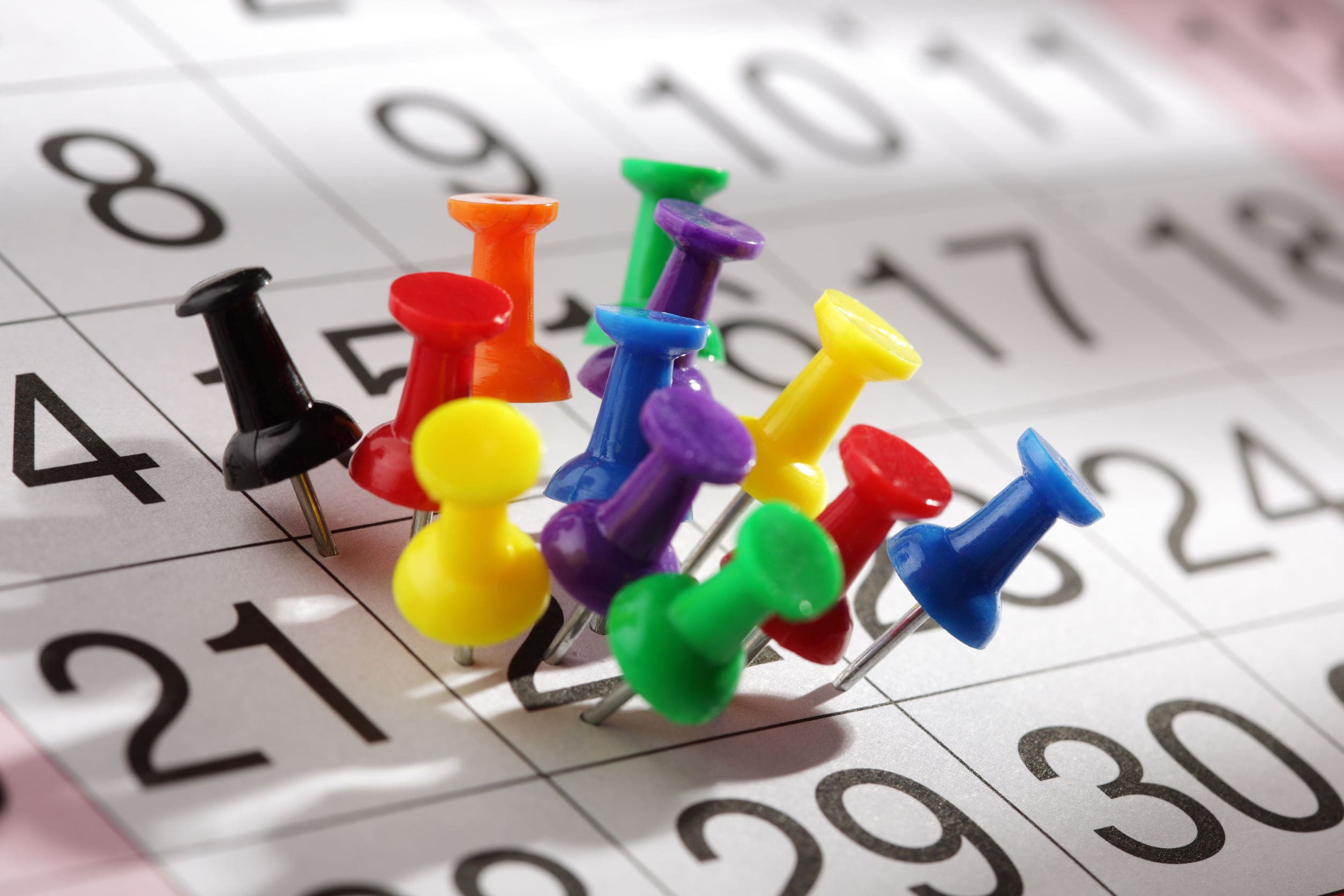
How to Help Kids Remember Their Schedules
Getting your army of small humans out the door and on time is an age-old struggle. Here's an in-depth tutorial on how to help kids remember their schedules.
Written by Liz Bayardelle, PhD | See Comments | Updated 06/28/2016
Want to cut to the chase?
Kids' Chore Chart
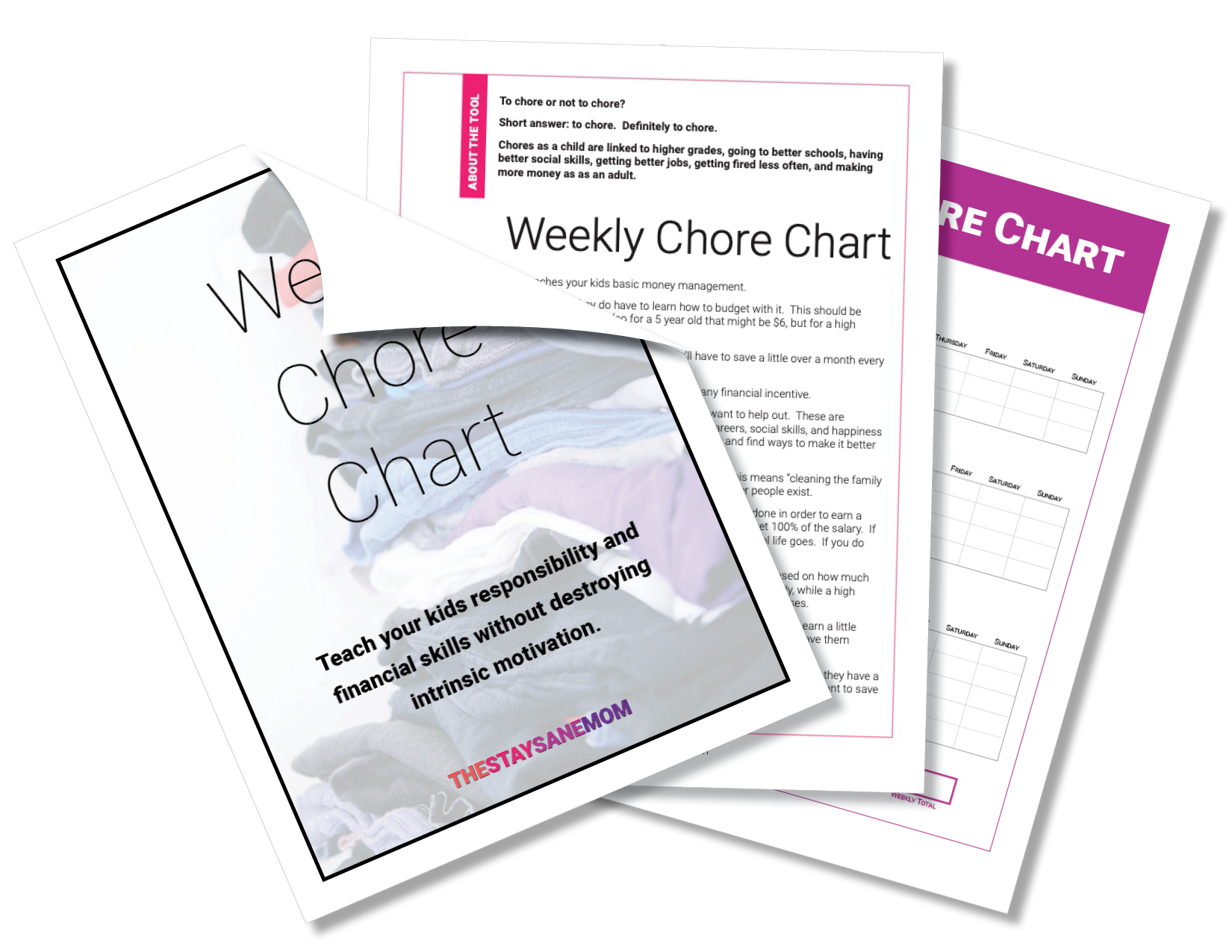
How to Help Kids Remember Their Schedules
What do moms and fortune 500 executives have in common?
If you guessed “power suits” you’d be incorrect. If you guessed “have to coordinate more appointments for more people than should ever be thought of as humanly possible” you’re right on the money.
Being a mom, especially when you have multiple kids, especially when one of them is a preteen with an active social life, is kind of like being an air traffic controller. You have to know what’s going on with every family member, at each moment in time, or things begin to collide and explode in midair.
I have, after an extended trial and error period come up with a solution to this scheduling beastmonster, but first let me walk you through all the different issues with having a family calendar.
4 Factors to Consider
- Smartphones, ipads, and computers…oh my!
My husband and I both have smart phones, laptops, and desktop computers. I have an ipad and a token pc that we all use when we need to do something (for some ungodly reason) a Mac can’t handle. My 10 year-old daughter has an iPhone, an iPad, an iTouch, an iMac, an iPartridge, and an iPeartree. My 5 month-old is fortunately technology-less…so far. In thinking of a scheduling system, it was important to acknowledge that most of the time, events were going to be added by multiple people, on their phones, on the fly. - Houses are big. People are lazy.
If you have ever heard an almost-teenage girl who is trying to make hurried sleepover plans say “hold on a sec, let me switch over to my calendar app and make sure nothing is planned for that day so we don’t inconvenience anyone” you are obviously either smoking something incredibly powerful or growing genetically-modified teenagers. (In either case, please share.) Whatever calendar system we ended up with needed to be in various locations in our house (by the door, by people’s bedrooms, etc.) so that it slapped you in the face with the fact that you had an important event. These key “need to know” moments are things like when you’re walking out the door in the morning or when you’re getting dressed for the day. - Things change. Often, if you have children.
Having a pen-and-paper calendar is great. Seriously. Something about the tactile sensation of actually crossing off the day on a huge calendar with a felt-tipped pen makes my little OCD soul sing the hallelujah chorus. That being said, events get changed, plans get made, things get cancelled. If you have 4 different pen-and-paper calendars running at all times, that’s going to be 4 different cross-outs you have to go scurrying around the house to make every single time little so-and-so’s sleepover gets changed to a different weekend because it turned out she never asked her mom before she told your daughter. “What? We still need parental permission for things? The horror!” But I digress…If you are the one implementing these systems, you are most likely going to be the one maintaining them. For each extra step you plan in the process, multiply it in your head times a bajillion events before you actually commit to the task. The only thing worse than having no calendar is having a WRONG calendar. I repeat, if you plan to do this, it has to be correct, up-to-date, and current at all times or plans will be made on top of each other so many times that people just stop caring. Also, as the resident nag in my family, I should warn you that once people stop using a system, it is about ten times harder to get them to start using it again than it was to talk them into it in the first place. - People are lazy.
In general, people don’t want to do more work once they get home. Your spouse probably had a stressful day at work. The kids don’t want to do more homework after they’ve finished their actual homework. God knows you don’t want more work after you’ve been running around like the proverbial chicken with its head cut off all day. Family calendars are supposed to make people’s lives EASIER, not harder. Pick a system, stick to it, do most of the back-end work yourself (surprise, surprise), and you will gain the magical trump-card in parenting: being able to deflect blame to an inanimate object. “Sorry, it’s not on the calendar. We can’t.”
The Reward
This is the magical prize. If you create something that functions well and is always up-to-date, you gain the ability to point to the calendar as if it was handed down on stone tablets from God himself and say no to unscheduled events. You also lose the responsibility over making sure everyone is where they’re supposed to be at every given minute.
If child has forgotten dress-up-like-a-hippy day at school and tries to blame you, this attempt at passing the blame can now be met with “I can’t imagine why you didn’t know about it. It was written on the calendar outside your room, you got a notification on your phone last night, and you probably saw it on the calendar above your backpack when you grabbed it on the way out the door.”
They might try it, but chances are they’ll only try it once.
(Caveat: this depends on the age-level of your child. I still have to remind my infant about her doctor’s appointments. Freeloader.)
The Solution
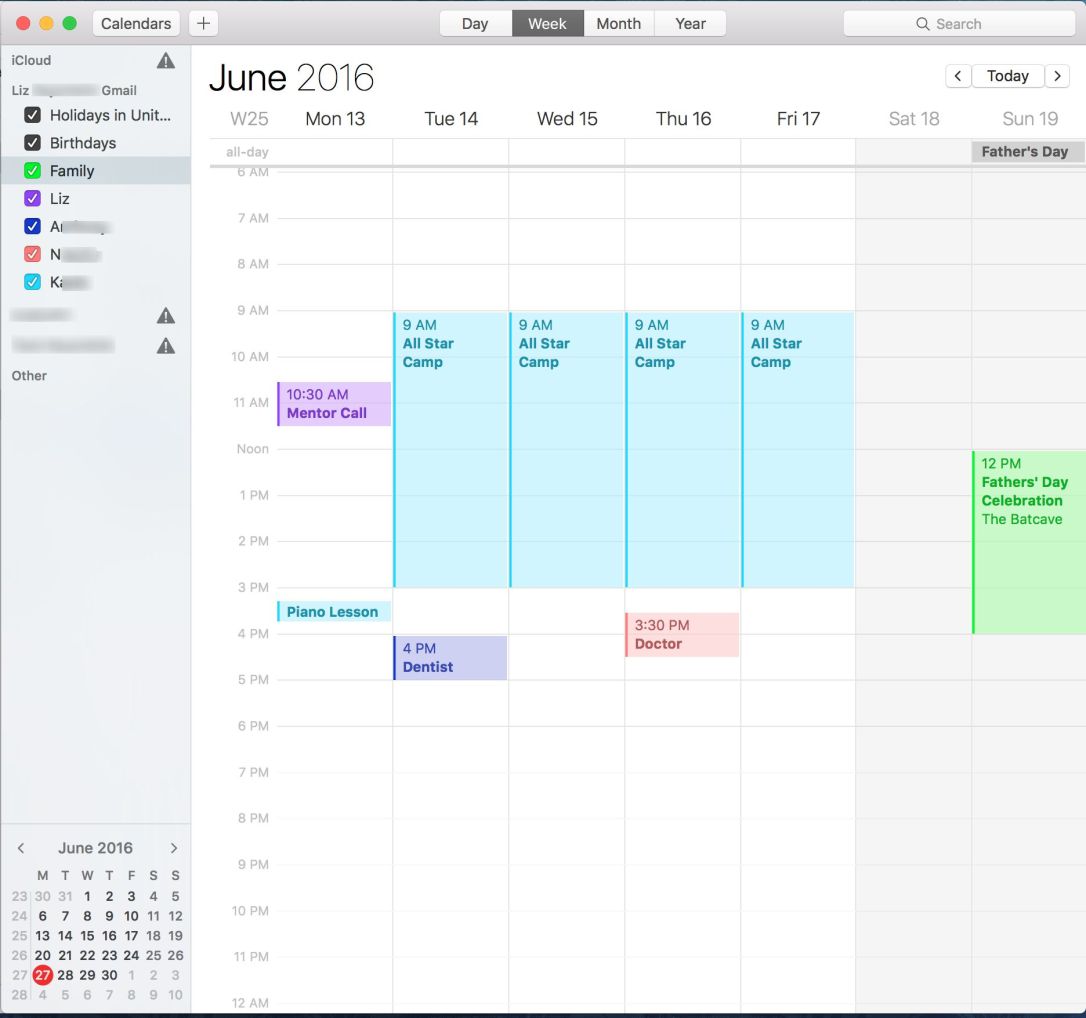
- Registering for email addresses is easy and free.
- Each person can add events from their device and they’ll end up on the calendar in the proper color (because everything is better when it’s color coded).
- Google calendar plays well with PC and Mac. The image above is from my iCal on my laptop, but the system also jives with my Android and the rest of my family’s iPhones.
- If people have their calendars on their phones, I can set handy little notification reminders to nag them about important events so I can save my hard-fought nagging points for more important matters (like putting away your darn laundry).
- You can print out weekly versions of the calendar and stick them in important places if you don’t want to keep a paper calendar.
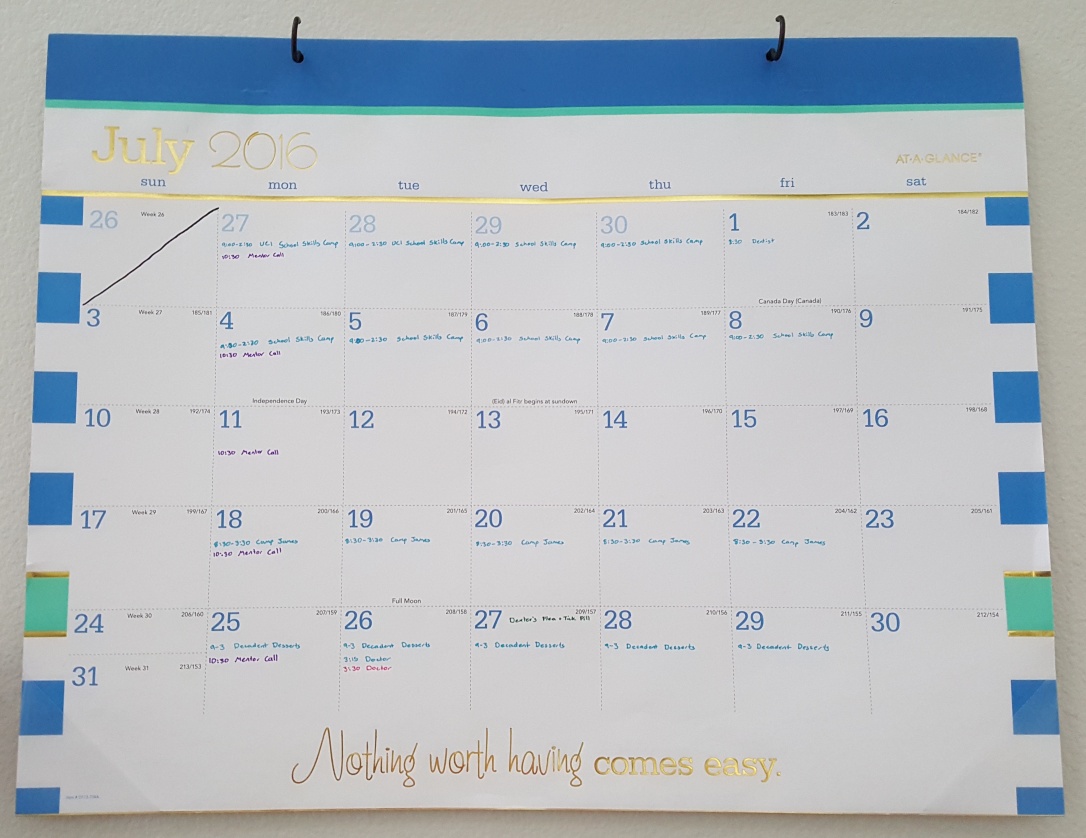
How to Set Up a Family Calendar System
- Get a Gmail account for each family member (plus one for the whole family, if you want one for joint events).
(If you have kids under the age of 13, they are officially “too young” legally to have their own email. I used their name but my birthday. I don’t view this as lying because I have the password and am curating the accounts until they are 13, when I’ll let them have/change the password.) - On each account, add the other family members to the “shared calendar” list.
(Make sure you use “see all event details” for the kids not “make changes AND manage sharing” or they’ll be able to accidentally monkey with your schedule. As the mastermind of this whole operation you should always have all privileges. - Add your Gmail to your calendar app of choice (Apple Calendar, iCal, etc.) and don’t forget to change each family member’s calendar to “their” color!
You might have to google instructions if you use a different app, but so far I’ve yet to encounter one that isn’t Gmail friendly. - Print out (or create pen-and-paper versions) in strategic locations around the house.
I’d recommend one by where the kids get dressed and one by the door. Too many is overwhelming and unnecessary, but I’d go with at least one per floor because no one is going to walk up or down stairs to check a calendar. You want it somewhere you can judge people for being too lazy to check.
Start Your Next Step
Kids' Chore Chart

Get Sanity, Delivered to Your Inbox.
Care to Share?
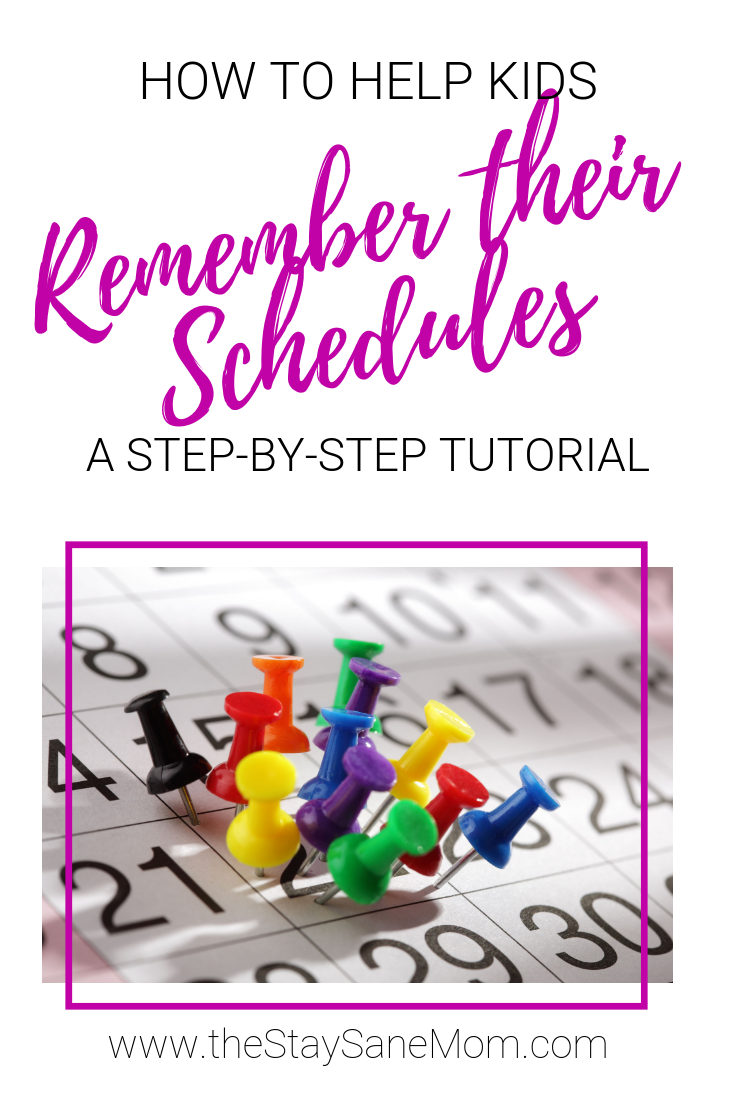
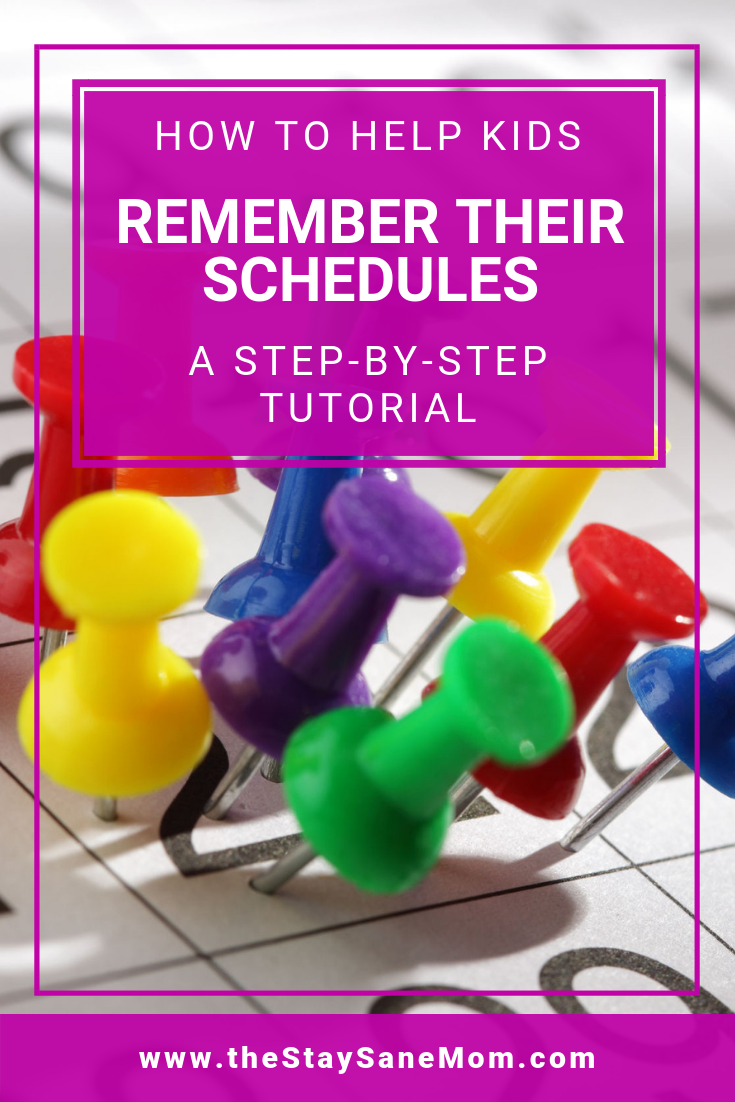
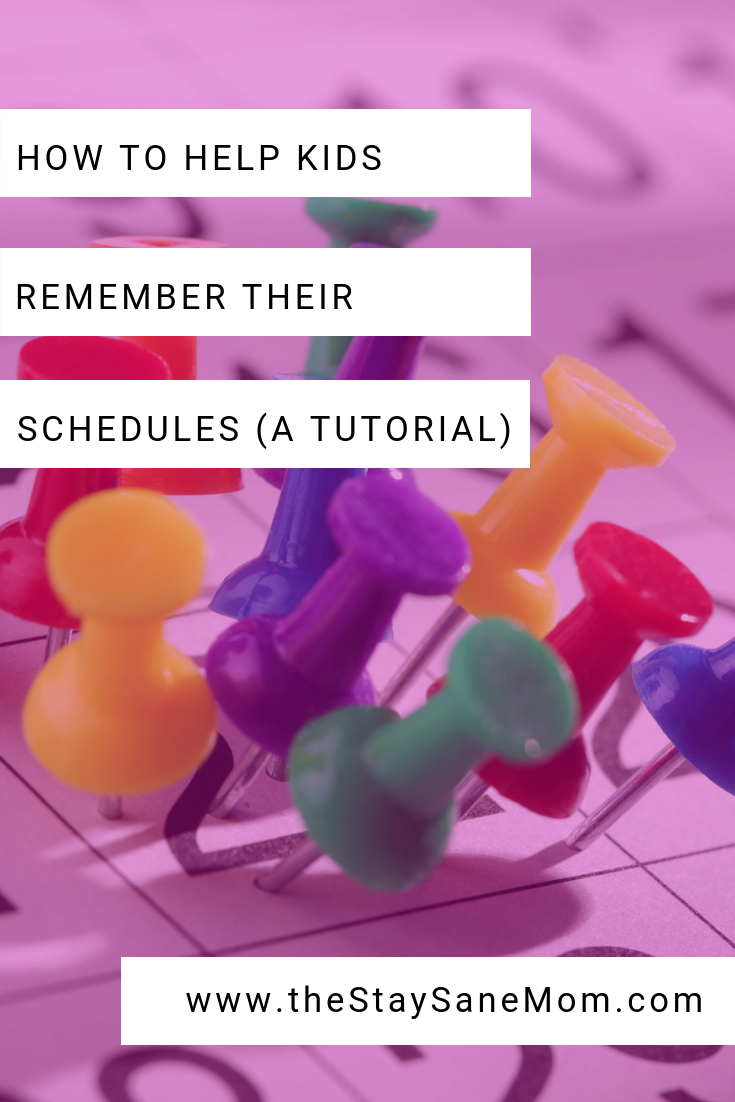
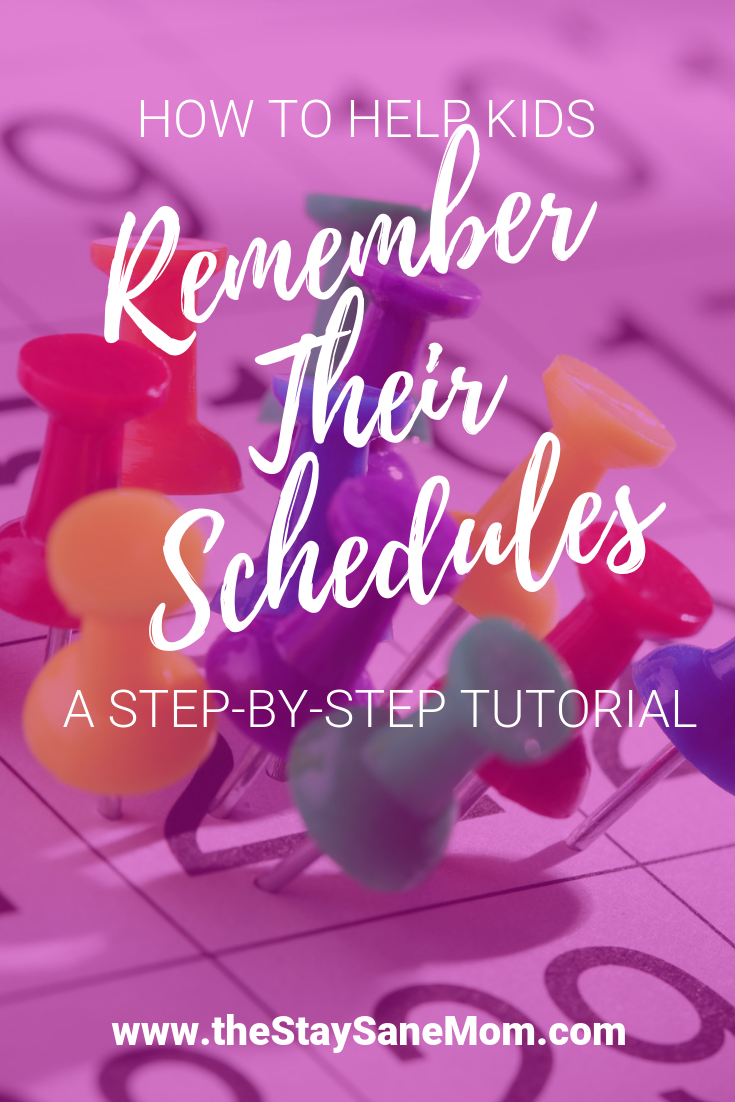
About the Author
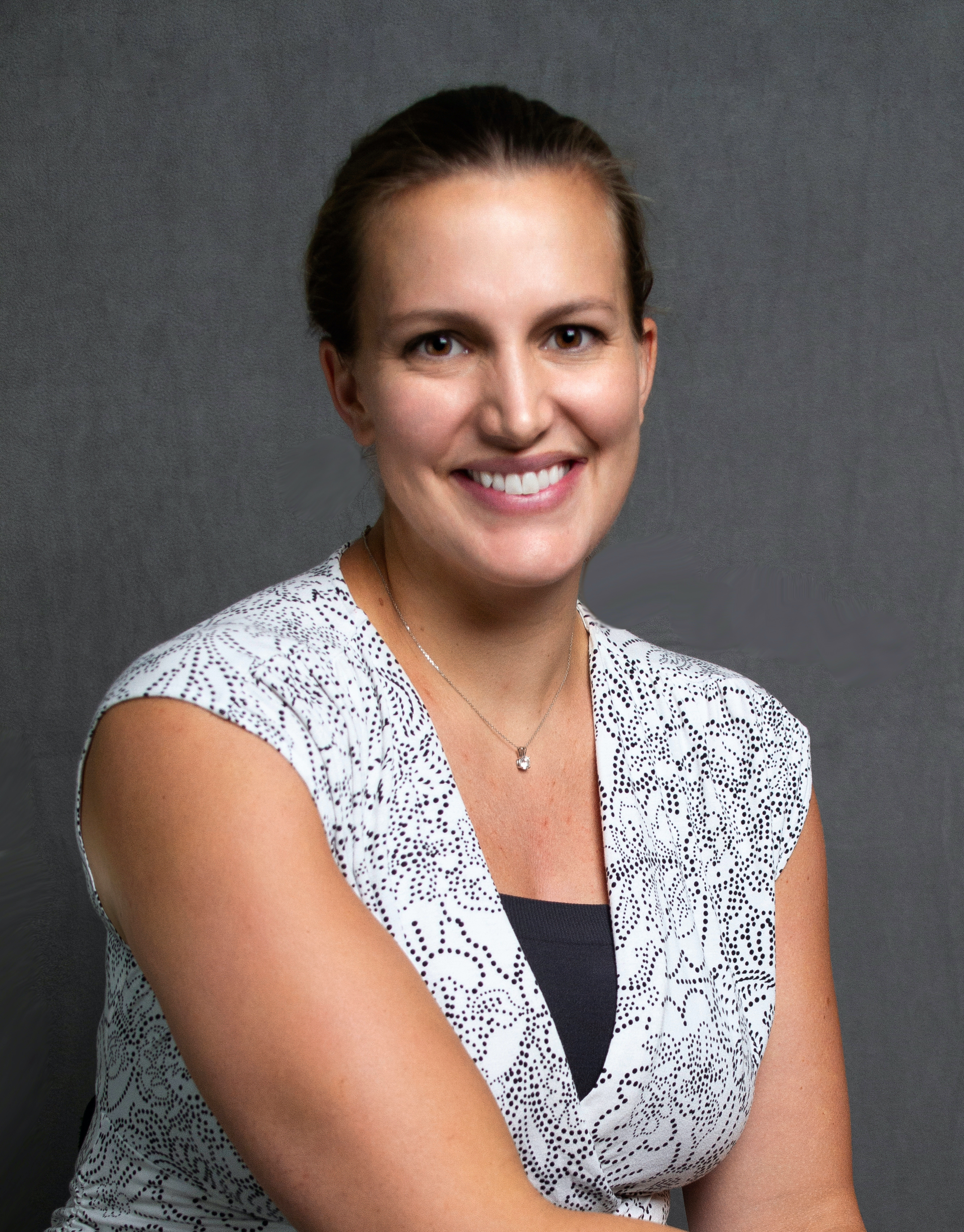
Liz Bayardelle, PhD
Founder | Contributor
Liz (or Dr. Mommy, as her toddler started calling her after learning what a PhD was) is the happily sleep-deprived mom of a toddler (and professional raccoon noise impersonator), a sparkle-clad kidnado, a teenage stepdaughter, 200 cumulative pounds of dog, and herd of dustbunnies (if daily vacuuming doesn't occur). During nights and naptimes, she uses her PhD in business psychology as an author, speaker, and consultant. She also serves as an executive and principal for three companies, two of which she co-founded with her very patient (and equally exhausted) husband.

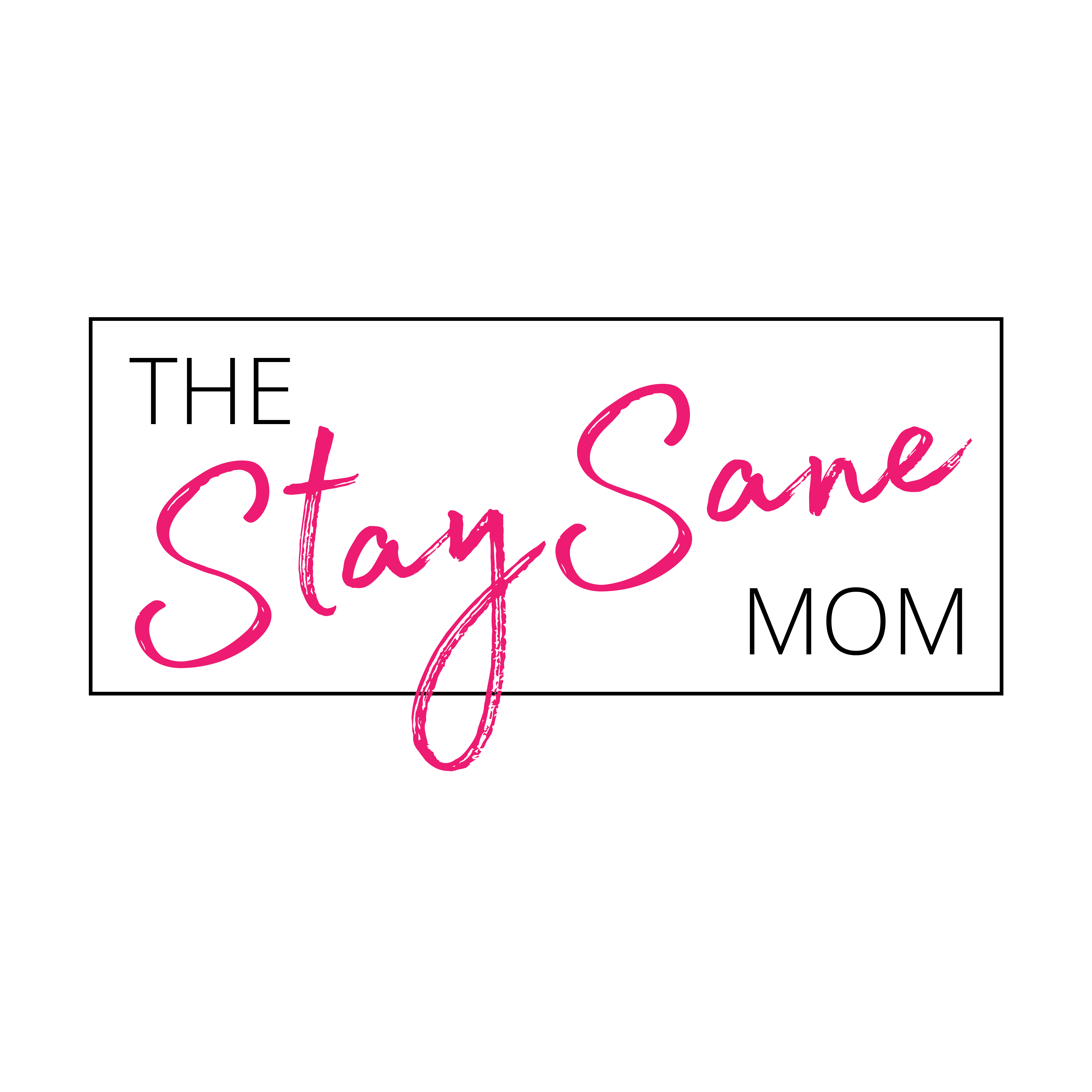



-Budget.jpg)